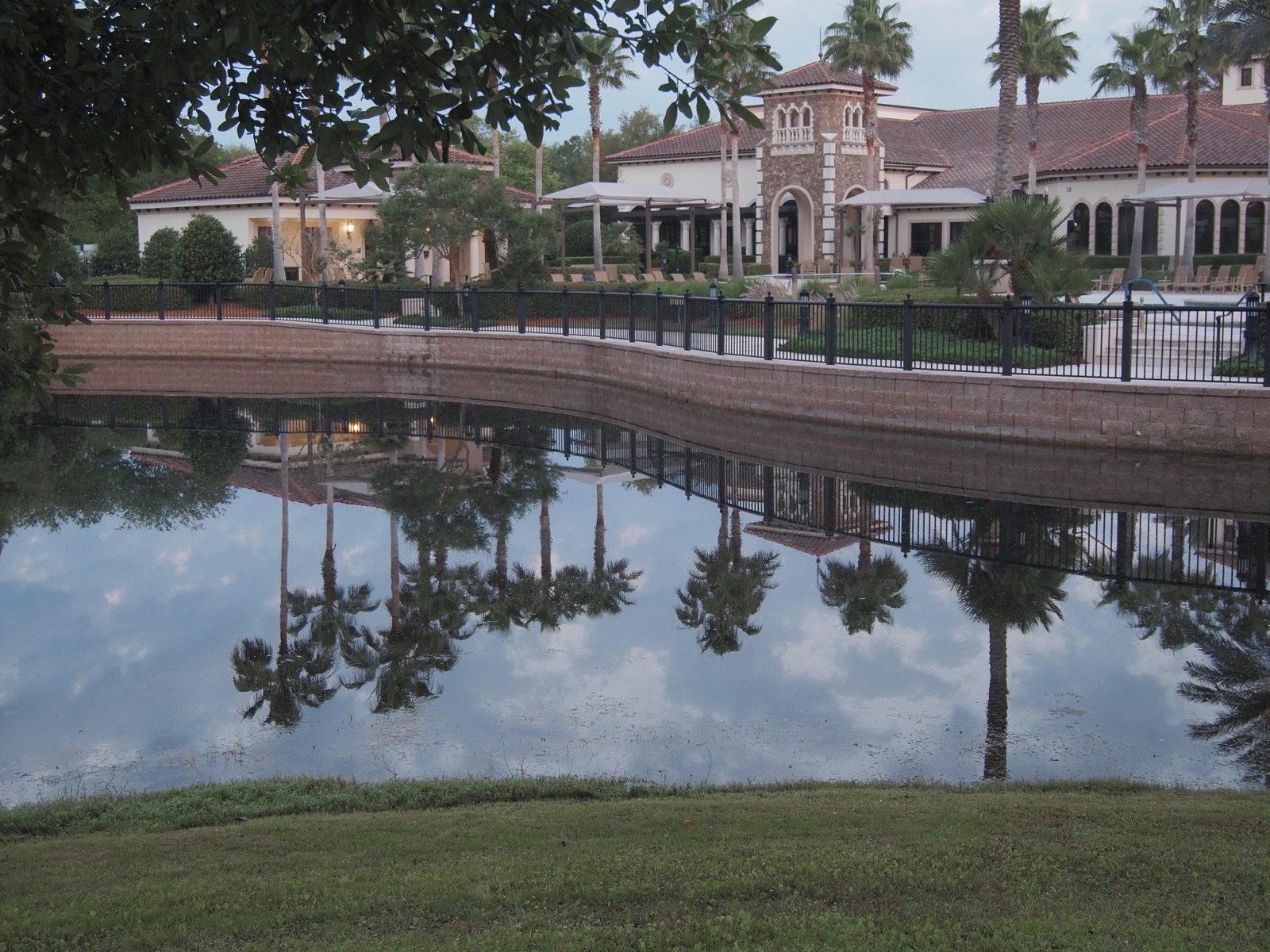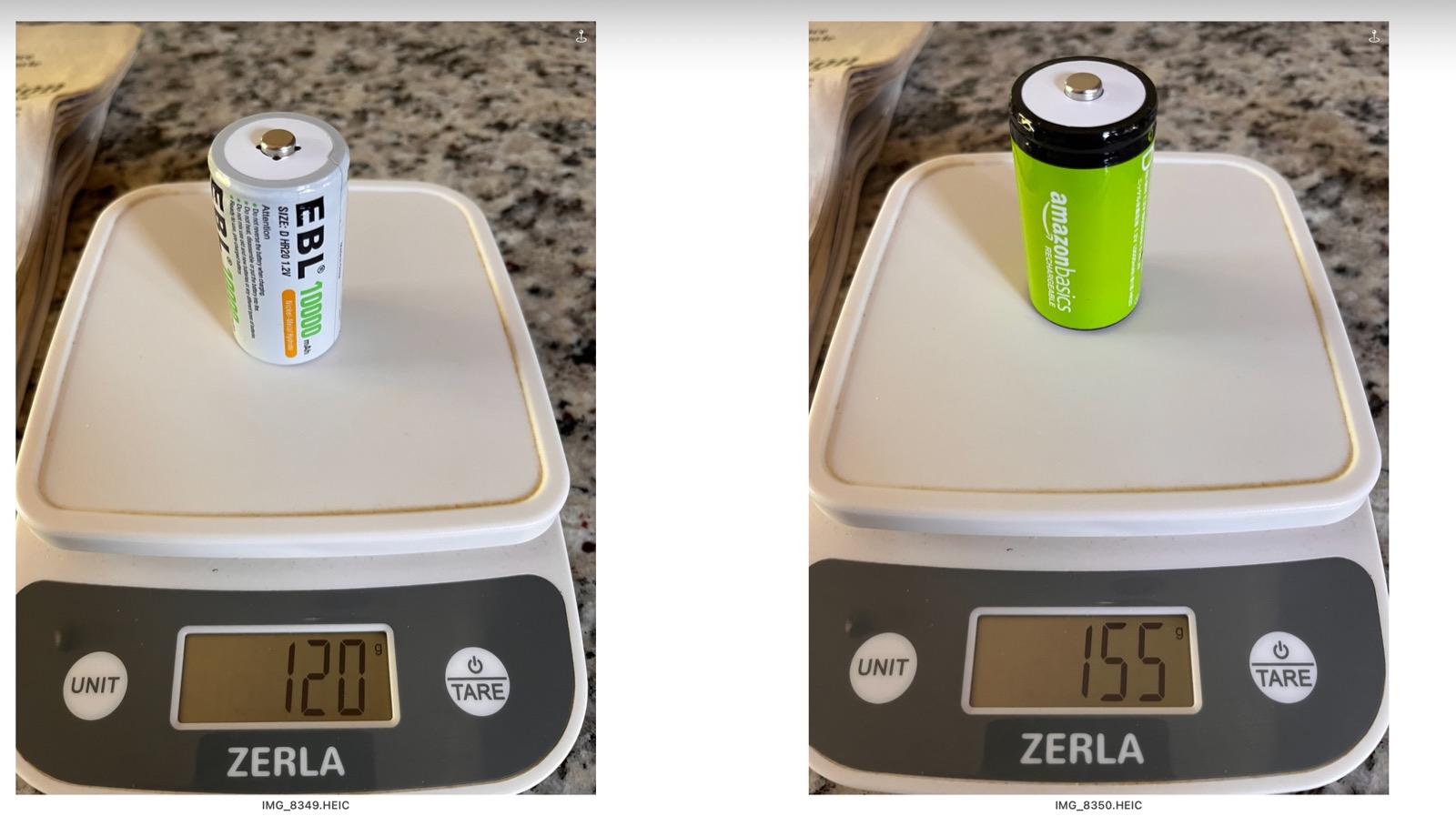We'll know for sure on 1 January 2025. Assuming I'm still around, which is a reasonable assumption at the moment.
In other news, I'd purchased an Epson FastFoto 680W scanner in November of '22. (If you care about when you may have purchased something, if you buy a lot of stuff from Amazon, you really should download your purchase history. So fast to hit CMD-F in Numbers and find something.)
I got it to scan my dad's WW II snapshots, a job which it performed admirably. The upload to Flickr could have gone better, but c'est la vie. One day, maybe, I'll square away the backs and the fronts.
I've still got to scan a rather large box of more contemporary snapshots, again, "one day."
But it came in very handy this morning, and rather impressed me. I used to have a Fujitsu ScanSnap 500M that I used in a half-hearted effort to "go paperless." It worked, but with multi-page scans, it often misfed. The software was temperamental, the OCR hit or miss and it wasn't exactly blazingly fast. (This was on my older intel Macs.) The Epson is the same form-factor, and I had a vague notion that it could do documents as well, but I'd never tried it.
Well, Mitzi needed a rather large stack of documents scanned and wanted to know if I had anything that could do it before she went to Kinko's, er, Fedex Office. I suggested we try the Epson.
It took a little fumbling around, the app wanted to update the software and the scanner's firmware. I had everything already installed on my 13" M1 MBP, so that's what we used. Firmware updates can be a little intimidating, especially since it offered to do everything wirelessly. The guidance for the update was rather lacking, the software update installer didn't automagically launch the firmware updater and I was unsure if I had to do that, or if I should wait. I went ahead and launched it myself, read some scary warnings and told it to proceed.
Surprise! All went well in much less than the "up to 15 minutes" they cautioned me about.
Got the alert that the MBP saw the scanner, stuck in the first sheaf of papers, then had a bit of a debate with Mitzi about which button we needed to push. We consulted the online guide and I was correct. Mashed that button and papers went flying across the room! Mitzi cried out, "They're not numbered!"
Then I figured out how to pull the receiver tray out of the bottom of the scanner.
It was amazing. No misfeeds. OCR'ed. Scanned clearly, put neatly into a pdf and all we had to do was name the file and tell it where to save.
It's wonderful when something "just works."
✍️ Reply by email
Originally posted at Nice Marmot 13:00 Wednesday, 1 May 2024








